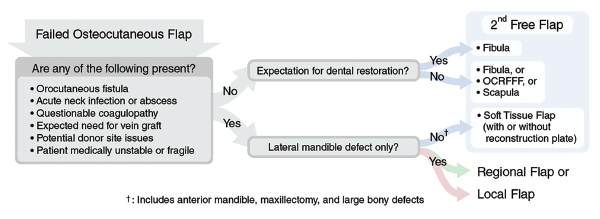Chemosensory dysfunction is very common in COVID-19 and, although most people regain function within the first 28 days.
Ipsilateral Postoperative Radiotherapy, Bilateral Irradiation Have Comparative Survival Rates in Patients with SCC of Unknown Primary
Comparing two different treatmes of patients with squamous cell carcinoma of unknown primary to see the impact on survival rate.
What Are In-Hospital Cost Drivers of Endoscopic Transphenoidal Pituitary Surgery?
Postoperative cerebrospinal fluid leak, smoking status, and non-Caucasian ethnicity are associated with significantly increased costs following endoscopic transphenoidal pituitary surgery.
What Is the Prevalence of Olfactory Dysfunction in COVID-19 Patients?
Evidence indicates that the prevalence of olfactory dysfunction in COVID-19 patients is 48.85%.
What Are Practice Patterns in Peritonsillar Abscess Management?
Current heterogeneity in peritonsillar abscess management includes differences in workup, investigation, and post-discharge analgesic prescription.
Vaccination and Medical Advancements Helping to Decrease Recurrent Respiratory Papillomatosis Incidence
Recurrent respiratory papillomatosis continues to decline since the implementation of the HPV vaccination, and advancements show promise in RRP medical management.
Younger Age, Conscientiousness Rate Associated with Activity Avoidance in Chronic Rhinosinusitis
A look at the characteristics associated with avoidance of daily activities in patients with chronic rhinosinusitis.
Evidence Supports Current Recommendation Regarding Suture Position in Arytenoid Adduction
Arytenoid adduction suture placed in the anterior inferior thyroid ala results in the best acoustic, aerodynamic, and voice quality outcomes.

Multi-institutional Review Offers Basis for Management of Failed Free Flaps to Head and Neck
The recipient site of the initial failed free flap is the most important factor affecting its management and, in many cases, a second free flap in the acute setting is appropriate.
No Significant Evidence to Support Neck Drain Insertion After Thyroidectomies
The practice of neck drain insertions in patients undergoing thyroidectomies is associated with higher risks of hematomas and surgical site infections, and longer hospital stays.
- « Previous Page
- 1
- …
- 25
- 26
- 27
- 28
- 29
- …
- 94
- Next Page »